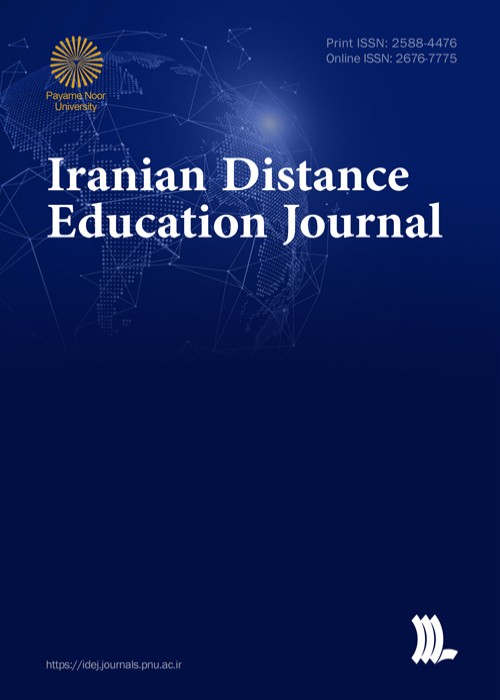Identification Analysis of MOOC Ethical Features (Courses & Online)
The purpose of this study is to identify MOOC ethical features of Courses & Online MOOC courses in higher education.
This study was designed as embedded mixed model research to provide a better understanding of the research problem. Throughout this research, both the heuristic inquiry method and the questionnaire method were applied to obtain and analyze the data. At the primary stage, ethical features of Courses & Online MOOC courses were identified. The content analysis method was used for qualitative data, and for quantitative data, both weighted mean and Friedman test were used. The statistical population in the qualitative section of the study includes the electronic resources related to the research subject and, in the quantitative section, 60 distance education experts in the field of planning in virtual learning environments and virtual universities so that 36 of these experts were voluntarily selected as the study sample.
Content analysis results showed 4 dimensions and 16 criteria. The evaluation results of the experts also showed that interacting with the global network, the ease of online interactions with learners and other organizations, and the possibility of receiving electronic assignments or workbooks during the course, are regarded as the most important ethical characteristics of Courses online MOOC courses; security and privacy of individuals ought to be considered in their interactions, observance of the principles related to confidentiality with regards to the files or marks, with other participants through emails, chats, forums, etc.
In these courses, the features of online courses and openness for enrollment are emphasized and predominant. Therefore, there is no need to get involved in new ethical features. Since the maximum current size of online classes is 60 students, various factors of these indicators such as learner agents, instructive organization, content, and teaching and learning environment ought to be accurately studied. Given that the capacity of learners may reach the limit of hundreds and thousands, the kind of considered ethics should be beyond the procedure implemented for online classes.
analysis of MOOC , Ethical , courses , Online
- حق عضویت دریافتی صرف حمایت از نشریات عضو و نگهداری، تکمیل و توسعه مگیران میشود.
- پرداخت حق اشتراک و دانلود مقالات اجازه بازنشر آن در سایر رسانههای چاپی و دیجیتال را به کاربر نمیدهد.



